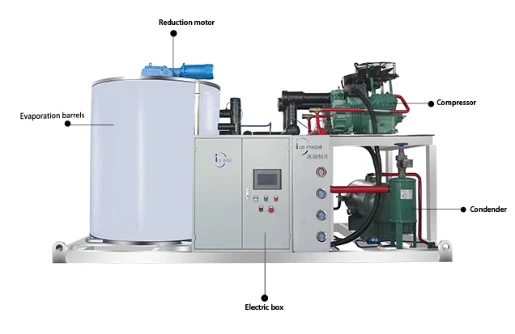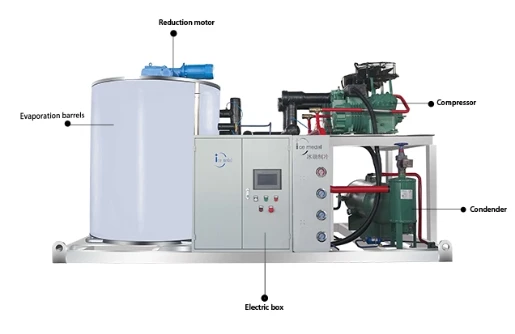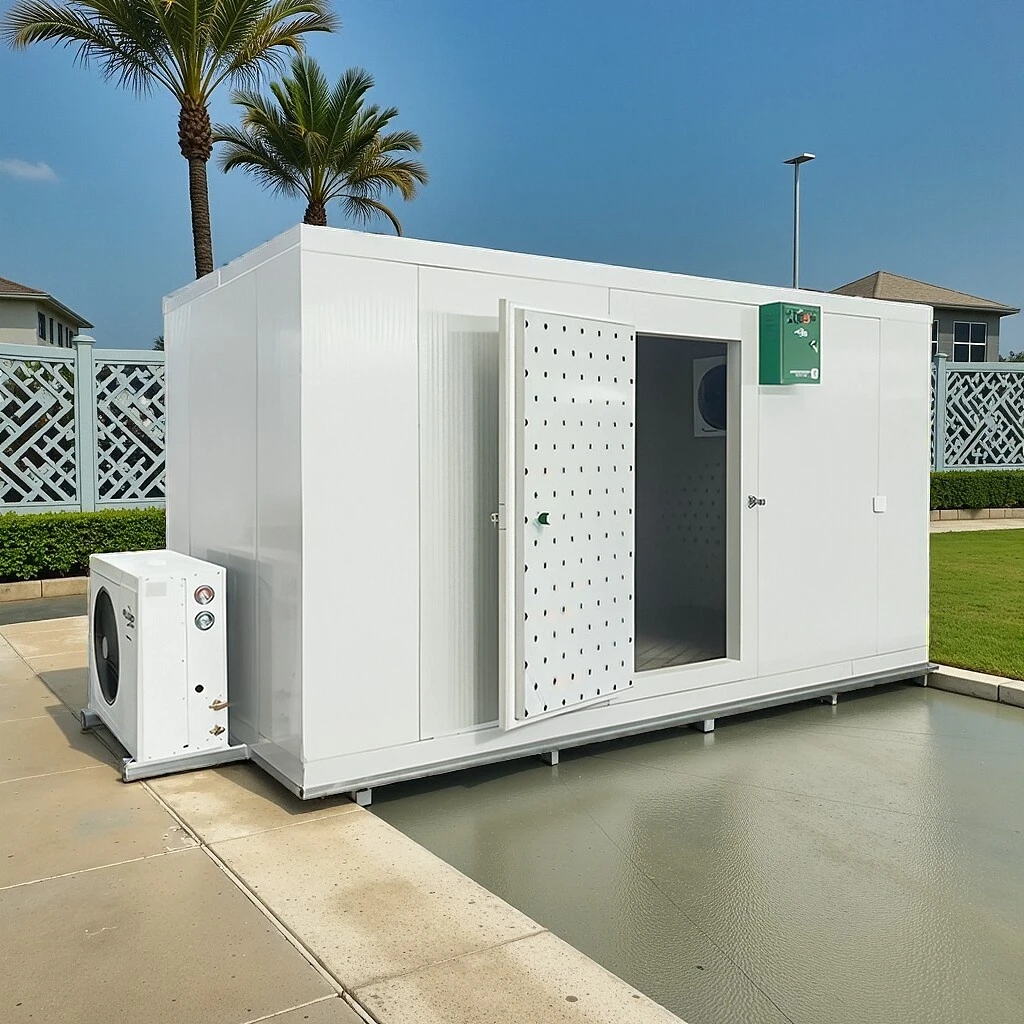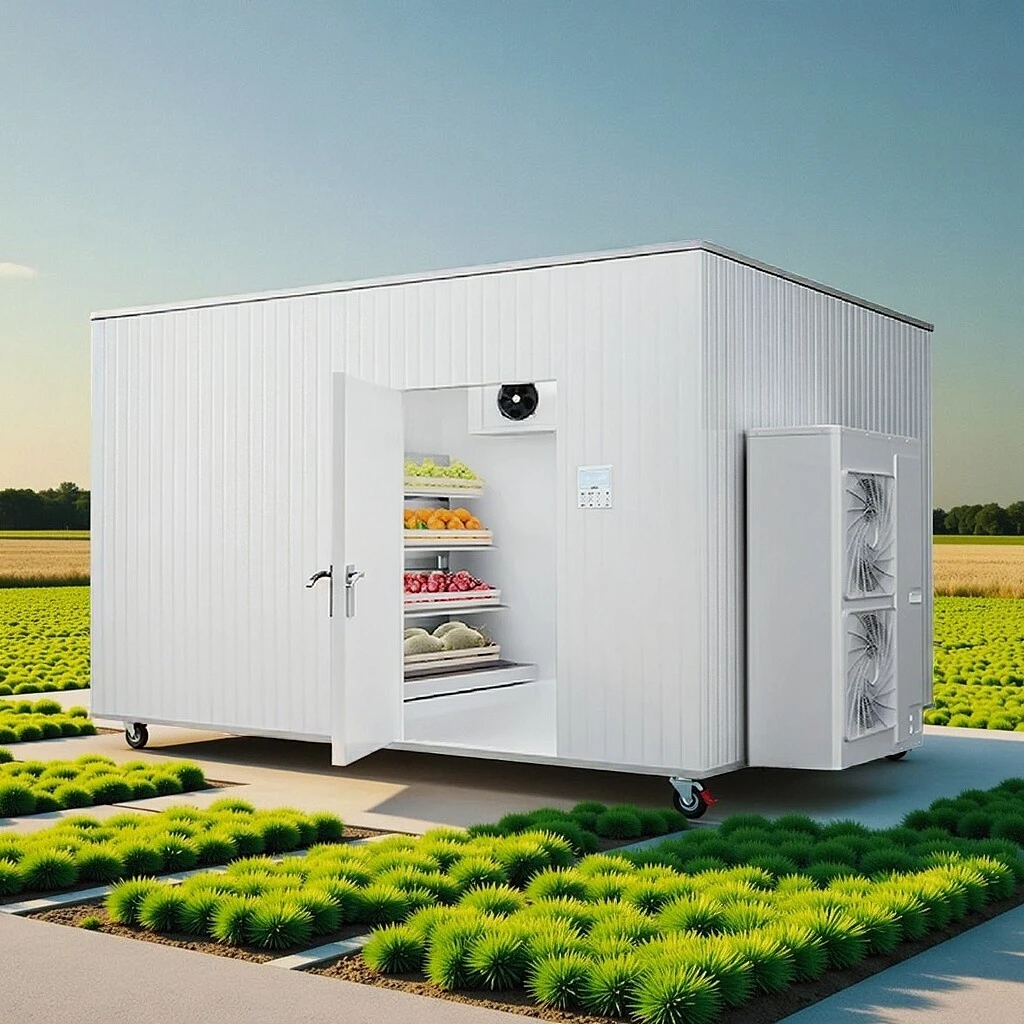May . 08, 2024 17:40
Back to list
Pharmaceutical Cold Room
Pharmaceutical cold rooms play a critical role in the healthcare industry by ensuring that medications, vaccines, and other sensitive medical supplies are stored at optimal temperatures. This is essential for maintaining the efficacy and safety of these products, which are crucial for patient health. In this article, we will delve into the specifics of pharmaceutical cold rooms, including their types, design considerations, technology, and importance in the industry.
Types of Pharmaceutical Cold Rooms
Pharmaceutical cold rooms can be categorized based on the temperature range they maintain. These include:
1.Cool rooms: These rooms maintain temperatures between 8°C and 15°C. They are used for storing products like certain medications, blood products, and some vaccines.
2. Refrigerated rooms: These rooms maintain temperatures between 2°C and 8°C. This range is ideal for storing vaccines, biological samples, and many medications.
3. Freezer rooms: Freezer rooms maintain temperatures below 0°C, with some going as low as -20°C or even -80°C. These rooms are used for storing frozen vaccines, blood plasma, and other critical biological substances.-
Design Considerations
-
Pharmaceutical cold rooms are designed with several important factors in mind:
1. Temperature control: Precision temperature control is essential in pharmaceutical cold rooms. The use of advanced refrigeration systems, temperature sensors, and alarm systems ensures that the required temperature range is maintained consistently.
2. Humidity control: Humidity levels can impact the stability of stored products. Cold rooms often include humidity control systems to keep levels within an optimal range.
3. Airflow management: Proper airflow is necessary to maintain consistent temperatures throughout the room. This can be achieved through the strategic placement of fans and vents.
4. Insulation: Good insulation is crucial for minimizing heat gain and maintaining the desired temperature range. This can include insulated walls, ceilings, and floors.
5. Security and access control: Due to the high value and sensitivity of the stored products, pharmaceutical cold rooms often include security measures such as restricted access and surveillance.-
Technology in Pharmaceutical Cold Rooms
-
Modern pharmaceutical cold rooms incorporate advanced technology to enhance performance and safety:
1. Monitoring systems: These systems provide real-time tracking of temperature, humidity, and other key parameters. Alerts are triggered if conditions deviate from set points, allowing for immediate corrective action.
2. Automation: Automated control systems help maintain stable conditions, adjusting refrigeration and ventilation as needed. Automation also aids in logging data for regulatory compliance.
3. Remote access and control: Many modern cold rooms offer the ability to monitor and control conditions remotely, providing flexibility and convenience to operators.
4. Energy efficiency: Advances in refrigeration technology have led to more energy-efficient cold rooms, reducing operating costs and environmental impact.-
Importance in the Industry
-
Pharmaceutical cold rooms are vital to the healthcare industry for several reasons:
1. Ensuring product integrity: Proper storage conditions are essential for maintaining the effectiveness and safety of medical products.
2. Regulatory compliance: Adherence to strict storage guidelines is required by regulatory bodies to ensure public health and safety.
3. Supply chain management: Cold rooms play a key role in managing the distribution and storage of temperature-sensitive products, enabling efficient and reliable delivery to healthcare providers.
4. Minimizing waste: Proper storage prevents spoilage and reduces waste, which can be costly and environmentally damaging.
In summary, pharmaceutical cold rooms are essential components of the healthcare industry, ensuring the safe storage and handling of sensitive medical products. Through careful design, advanced technology, and adherence to regulatory standards, these facilities play a crucial role in maintaining the integrity of the healthcare supply chain. As technology continues to evolve, pharmaceutical cold rooms will likely become even more efficient and effective in supporting the healthcare sector.
Prev:
Next:
Latest news
Related PRODUCTS
Copyright © 2025 Shijiazhuang Xuexiang Refrigeration Euquipment Co.,Ltd. All Rights Reserved. Sitemap | Privacy Policy






